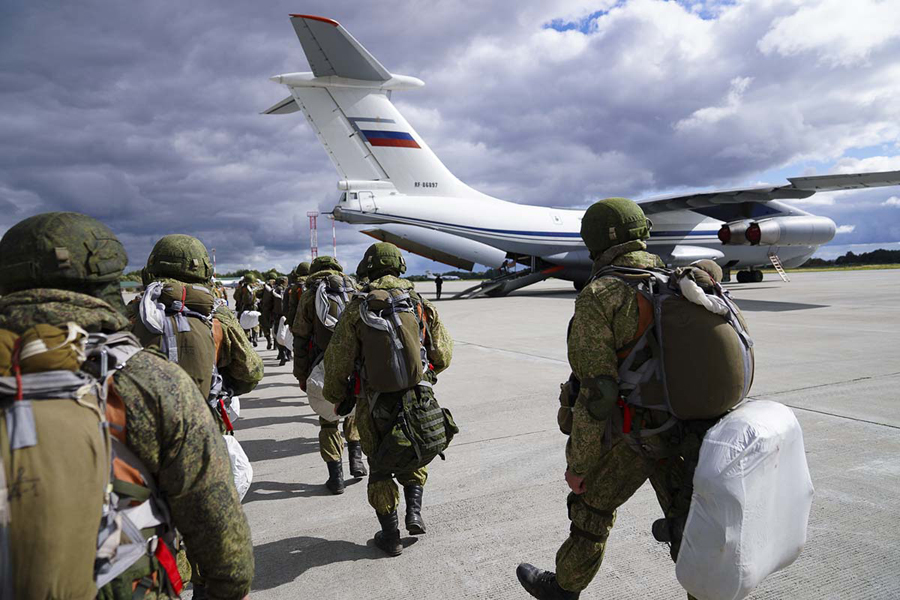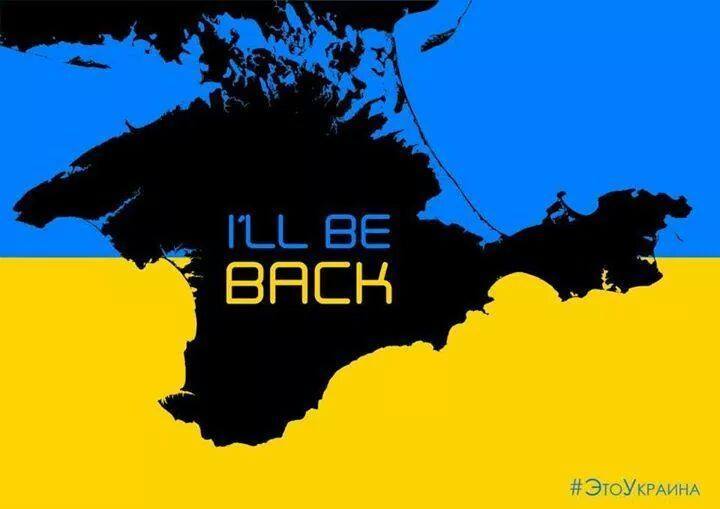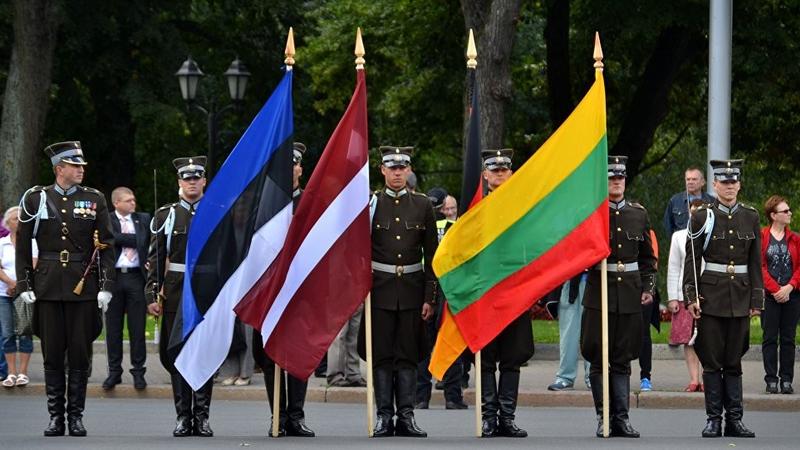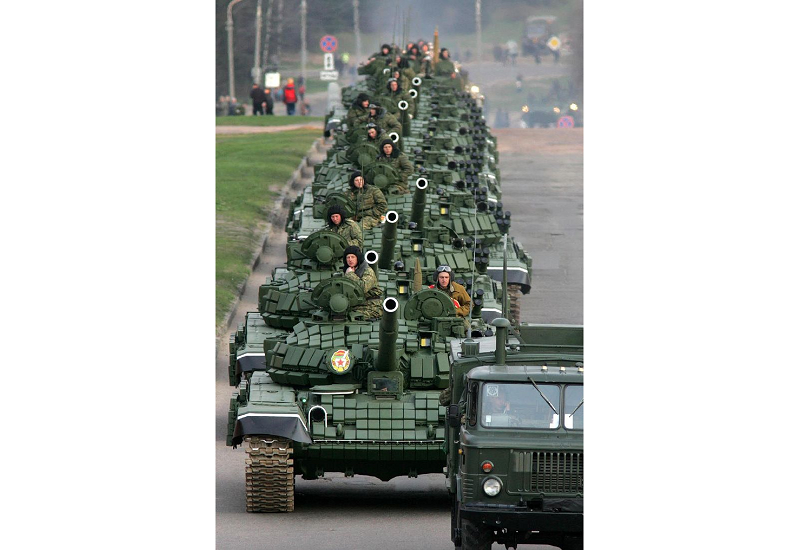
From an informational warfare standpoint, Zapad 2021 was, at least in part, intended to frighten the West and raise questions about the North Atlantic Treaty Organization’s (NATO) ability to defend its three Baltic members—Lithuania, Latvia and Estonia. However, the exercise also exposed doubts about Russia’s ability to defend Kaliningrad. This vulnerability was clearly not something anyone in the Russian leadership wanted to advertise, given that such concerns would represent a limiting factor on Moscow’s freedom of action. But according to Moscow-based commentator Dmitry Rodionov, the exercises showed that “Russia, without difficulty, could seize the countries of the Baltic but that it could not do this except at the risk of losing Kaliningrad if the Western allies of Latvia, Lithuania and Estonia were to join the battle” (Svobodnaya Pressa, October 9).
The territory of Kaliningrad is particularly important and sensitive to the Kremlin given that at the end of World War II the formerly German territory became a Soviet trophy. Rodionov raises this issue by drawing on arguments put forward in a May 12 video produced by the Croatian military-interest YouTube channel, Binkov’s Battlegrounds. Then, he subjects these points to a discussion by Russian experts who, despite insisting that the material is simply a propagandistic effort by the West to stir up anti-Russian feelings, more or less explicitly acknowledge that at least some in the Russian capital are thinking along similar lines and are reconsidering their approach (InoSMI, October 2; YouTube, May 12).
According to Rodionov, the cited Croatian analysis argues that while Russian forces move into the Baltic States, Poland would seek to absorb Kaliningrad—something especially likely because Ukraine would take that opportunity to become involved in any European conflict with Russia. The risk of losing Kaliningrad, the Binkov’s Battlegrounds video continues, is, thus, exercising a “restraining influence” on Russian strategists as far as the Baltic countries are concerned. Absorbing them would not be sufficient compensation for the potential loss of Kaliningrad. But three Russian analysts with whom the Svobodnaya Pressa correspondent spoke were largely but not completely dismissive of the Croatian analysis.

Gevorg Mirzyan, a political scientist at the Russian government’s Finance University, said that content like Blinkov’s Battlegrounds is “exclusively for internal use” in the Baltics and NATO, intended by their authors and funders to promote anti-Russian attitudes by drawing the worst possible picture of Russia’s intentions—even if that picture has no connection to reality. Mirzyan insisted it is complete nonsense to think that Moscow intends to go to war with the risk that such a conflict would go nuclear or that “if we seized the Baltics,” Russia would lose Kaliningrad. That said, he assured that Russia’s ability to supply the non-contiguous oblast would be strengthened and its defense made easier with the capture of the Baltic States. Finally, in the event of war, he suggested that the West would restrain players like Poland lest their actions make it more difficult to back away from a potential nuclear conflagration.
Trending Now
Aleksandr Perendzhiyev, a military affairs specialist at the Plekhanov Economics University, in Moscow, agreed, saying that the Croatian video was only made to frighten the Balts and should not be taken as serious analysis of a situation that would actually emerge in the event of a Russian thrust into the Baltic countries. He added that Kaliningrad is well defended on its own and will be more protected as the military integration of Russia and Belarus proceeds. Consequently, in any state of war, there might be attacks on the Russian exclave, but Russia has the capability of rebuffing them without the risk of any loss. Kaliningrad may be a battlefield, but it will be a battlefield on which Russia will win, according to Perendzhiyev.
In turn, Vadim Trukhachev, a specialist on foreign policy at the Russian State Humanities University, contended that the loss of Kaliningrad might, in fact, be possible. “Such a risk undoubtedly exists.” However, he continued, “While having lost Kaliningrad, Russia could acquire Riga and Tallinn, and also some cities on the Black Sea or alongside it.” That would more than compensate for such a loss. Consequently, Trukhachev argued that raising the fear of losing Kaliningrad is a tactic designed to frighten Moscow into inaction when there is more to be gained.
Read More:
- ‘Russia may cut itself off completely from the West,’ Sergey Medvedev says
- Russia prepares for Zapad 2021, keeps heavy armed forces close to Ukraine
- Moscow’s plans for new kind of aircraft carrier unlikely to be realized
- Russia flexes its muscles on Ukrainian borders, but a full-scale attack will cost too many lives, experts say
- 40 troops of Russia’s “UN peacekeeping brigade” helped occupy Crimea, Donbas
- Threat of major Russian military operation against Ukraine and West hasn’t disappeared, Felgengauer says
- Escalation around Donbas: Is the Ukrainian army prepared for full-scale Russian aggression?
- Russia closing off more of Black Sea even as it pulls its land forces back from Ukrainian border
- Missiles in Kaliningrad can also reach Berlin — Lithuanian president
- Kaliningrad’s German churches will be in ruins within 5 years





